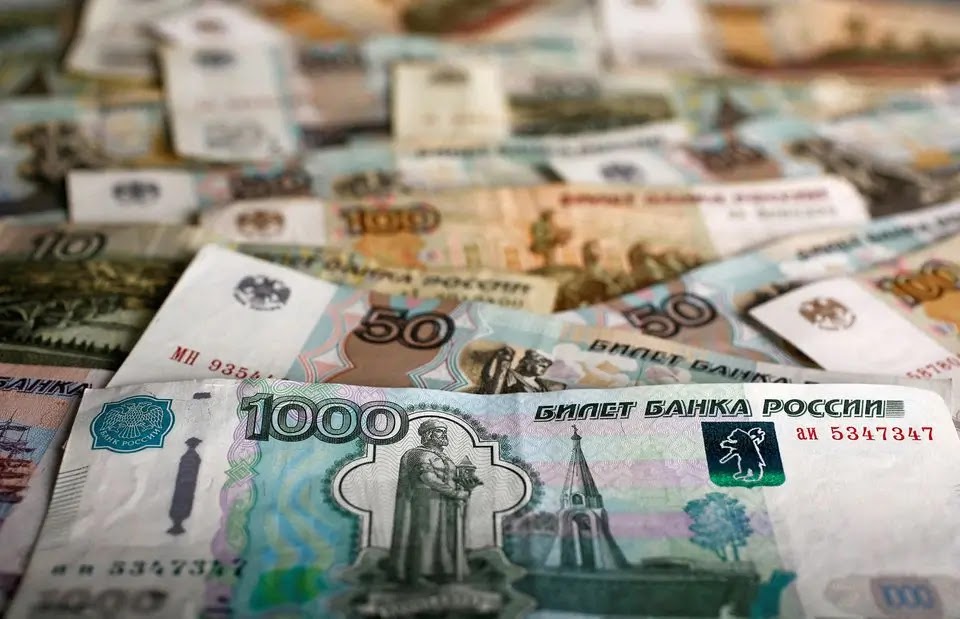The rouble extended recent gains on Friday and crossed the 60 mark against the dollar for the first time since April 2018, boosted by capital controls and domestic tax payments that usually lead to increased demand for the Russian currency.
So far this year, the rouble has firmed more than 24 per cent despite a full-scale economic crisis and has become the best-performing currency, artificially supported by controls that Russia imposed in late February to shield its financial sector after it sent tens of thousands of troops into Ukraine.
At 0733 GMT, the rouble gained more than 3 per cent to 59.81 against the dollar, a level last seen on April 6, 2018.
Against the euro, the rouble firmed nearly 4 per cent to 61.90.
In real life, the rouble remained much weaker. Sberbank (SBER.MM), Russia’s largest lender, was selling cash dollars for 66.65 roubles and euros for 69.24 roubles.
The stronger rouble helps to put brakes on inflation and is beneficial for importers but hurts exporters who sell goods and services abroad for foreign currency, meaning reduced incomes for Russia’s export-dependent budget.
Analysts say Russian authorities are not interested in a substantial rouble strengthening from current levels and expect the once free-floating currency to weaken by the year-end.
In a sign that authorities are ready to gradually lift capital controls, the central bank allowed banks to sell citizens foreign currency without any restrictions from May 20, with the exception of US dollars and euros.
Russian stock indexes were mixed.
The dollar-denominated RTS index (.IRTS) rose 2.2 per cent to 1,272.7 points. The rouble-based MOEX Russian index (.IMOEX) was 0.5 per cent lower at 2,425.5 points, pressured by the rouble appreciation.
REUTERS




